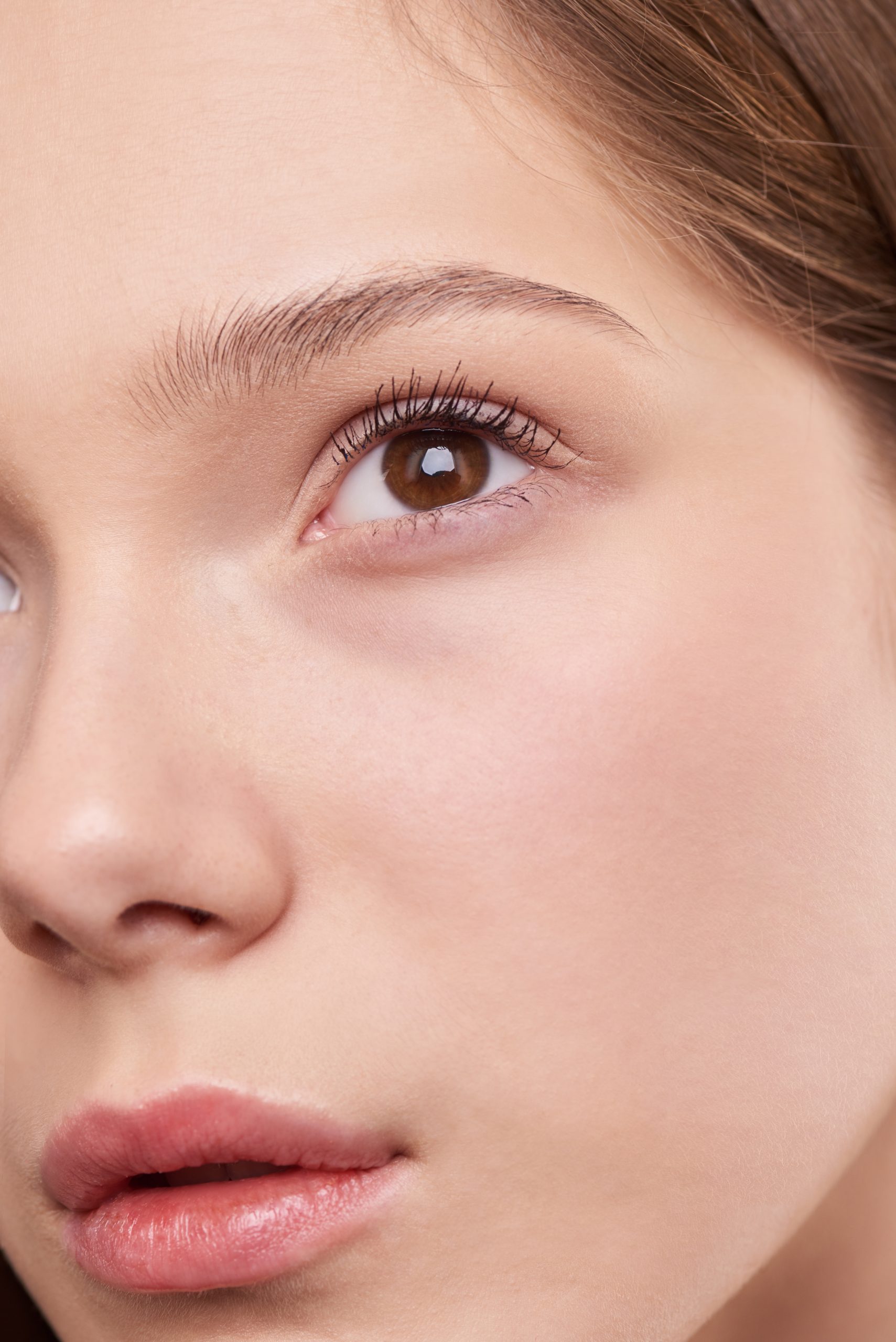Featured Article

"Why Melatonin Is Really Good for Your Skin"
Elle Magazine’s recent feature, “Why Melatonin Is Really Good for Your Skin” cites JDD research on the matter, “Assessing the Potential Role for Topical Melatonin as an Antiaging Skin Regimine.”
All day long, your skin encounters damaging free radicals, thanks to pollution and UV exposure. These face foes can alter the skin’s DNA, resulting in photo damage and even cancer, according to Lain. In order to neutralize free radicals, your body makes antioxidants, with the help of antioxidant enzymes. “Melatonin stimulates your body’s natural production of these enzymes,” says Dr Engelman. And, according to a study published in the Journal of Drugs in Dermatology, these melatonin-induced antioxidants are more effective than those from the ever-popular vitamins C and E.
Melatonin works in concert with more common anti-aging ingredients to increase antioxidant levels, and dermal applications don’t seem to affect energy levels.
Learn more about Melatonin’s use in anti-aging skin regimens – check out the article here.








